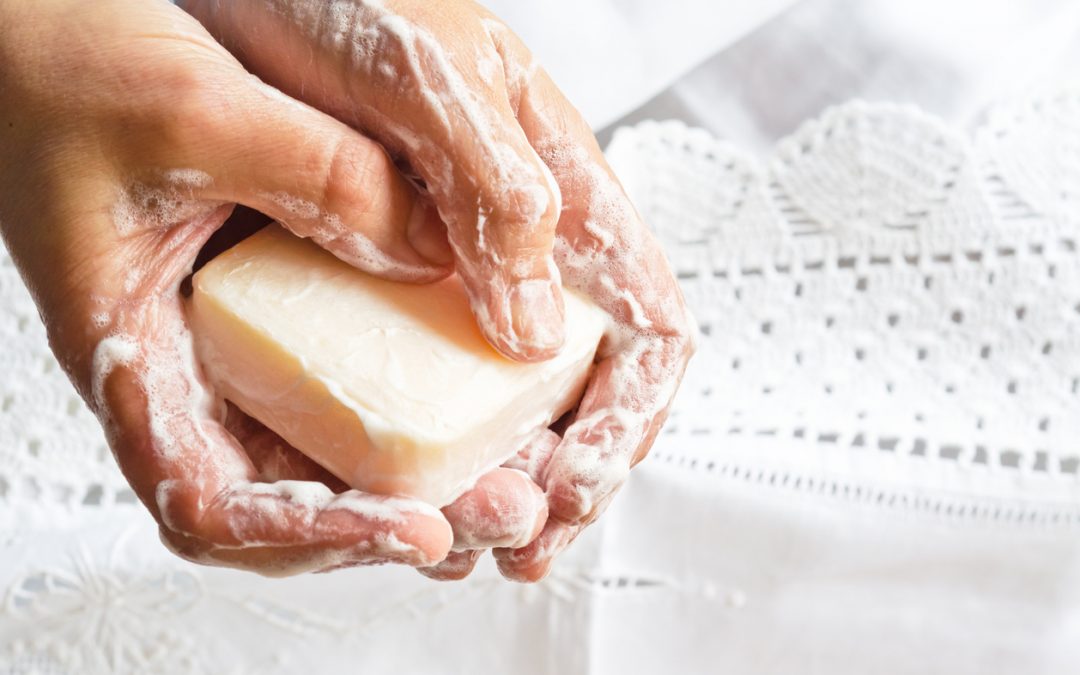With all the hype over the coronavirus, I’ve taken some time to take it all in and contemplate my thoughts about everything. I’ve been reading loads of articles and talking with colleagues. I thought I would be remiss not to express my points of view.
As a nurse who has been well-trained in protecting myself and others against pathogen transmission, I offer these thoughts. Most of these I do on a regular basis anyway. Welcome to what its like to be a nurse!
1. Wash your hands often and wash them well. I remember my first day of nursing clinicals. They had us rub this product on our hands that you could see only under ultraviolet light. The product mimics germs on the hands. Then, they had us wash our hands. We looked at our hands again under the UV light and almost none of us had actually washed off the product thoroughly. We practiced several times until we learned how to wash our hands correctly.
Wash your hands with warm water and soap and scrub all the areas and under your fingernails. Wash for at least 20 seconds. If you’re not sure how long that is, sing the “Happy Birthday” song as you wash. Use a clean towel to dry and change out your hand towels often.
2. Wash your hands or use hand sanitizer immediately after being in public. Keep hand sanitizer in the car and use before you start touching your car.
3. Don’t touch your face. This ones takes some getting used to. Most of us are constantly touching our eyes, nose, and mouths. To learn to do things a new way, you have to practice. Practice not touching your face. Stay aware and notice how much you do it. By not touching your face, you deny the virus direct entry through your mucus membranes.
4. Don’t wear your shoes in the house. Because this virus is likely spread through droplets, if someone coughs or sneezes and it touches the floor of the places where you go, it can hang out there for a long time. When you walk all around your house with your shoes on, you could be spreading viruses around your house. This is particularly important if you spend time on the floor or you have small children.
5. Be a good community member. If you are showing any of the symptoms: fever, cough, or shortness of breath, stay at home. To me, this is the most important thing we can do. Keep your community members safe by not exposing them.
6. Maintain your health and immune system on a regular basis. Do you know your Vitamin D level? Be sure your Vitamin D 25-OH level is at least 50. Studies are showing more and more that vitamin D plays an important role in immune health (Vitamin D is a regular part of our lab testing at FLOURISH. We don’t understand why it’s not a routine lab for everyone!)
7. At first sign of illness, take Vitamin C. This is likely the supplement most researched for it’s anti-viral properties. Most people can handle around 5000mg daily. Take 500-1000mg every few hours. You’ll know you had too much if you experience loose stools.
8. Eat the rainbow. Add plenty of colorful fruits and vegetables every day. The recommendation is now 9-13 servings per day. When we ‘eat by color’, it’s a lot more fun! Colorful fruits and vegetables are full of antioxidants and vitamins/minerals to maintain great health and help you stay resistant to illnesses.
9. Limit sugar and alcohol. Both of these add extra strain on your immune system, so choose wisely and partake moderately.
10. Be happy and stay calm. Mass panic doesn’t help anyone and only adds stress and strain on your immune system. Trust your gut and use all these common sense tips to protect yourself and those around you.
I know most of this is pretty much common sense, but how do you score for actually doing these 10 things every day?


Recent Comments